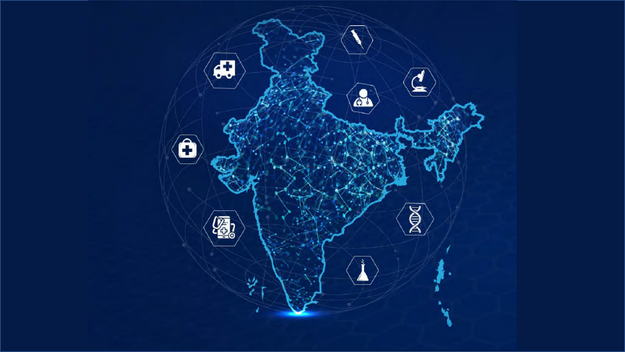

Fintech for Health (F4H) – Special Interest Group (SIG) in Malaysia Session – II
| On October 14, 2022, Fintech for Health: Special Interest Group hosted its second meeting in Malaysia virtually. Three speakers from Bank Negara Malaysia (Central Bank of Malaysia), Merchantrade Asia and Sevamob were invited to speak at this event. Both Bank Negara Malaysia and Merchantrade Asia were invited as local speakers while Sevamob with offices in both the US and India was invited as the international speaker.
Mr. Surannit Chit, the deputy director at Bank Negara, presented the current healthcare data in Malaysia. Almost 35% of healthcare spending in Malaysia comes from out-of-pocket payment. He also spoke about medical inflation in Malaysia which is now hovering around 11%. The low ownership of medical insurance and the rising aging population with chronic diseases will continue to put pressure on Malaysia’s current public healthcare system. Furthermore, he stressed that there is a misalignment of interests in Malaysia’s healthcare system among various stakeholders such as private hospitals, the public and the insurance operators. For example, the pricing of healthcare services in private hospitals is still opaque and keeps rising due to high investment cost and addition of advance technologies. The public, on the other hand, continues to grapple with low literacy and awareness when it comes to medical insurance while individuals who have access to medical insurance tend to maximize the premiums paid by utilizing healthcare without reflecting on the cost. The insurance operators lack the efficiency to innovate and shift away from the current legacy system, leading to low adoption of medical insurance among Malaysians. Multiple solutions were suggested by Mr. Surannit including increasing healthcare cost transparency, digitalization of healthcare, adoption of medical insurance and saving products and transparency of medical claims data. Ms. Hon Ling Kueh on behalf of Merchantrade Asia shared the trajectory of Merchantrade from a pure remittance company to designing and offering microinsurance products to migrant workers. Migrant workers in Malaysia tend to work in challenging work environments including construction, plantation, and manufacturing while having limited insurance coverage. So far, Merchantrade Asia has sold microinsurance products to almost 189,000 individuals, mostly migrant workers. Their insurance products allow the claims to be paid in the country of origin of migrant workers and hence are benefiting their family members too. The company continues to expand its insurance products to cater to the needs of migrant workers and B40 Malaysians (bottom 40% of Malaysia’s household incomes). The company, therefore, has evolved to help migrant workers access, afford and receive benefits from insurance products. This could be further expanded to help B40 Malaysians in the near future. Mr. Shelly Saxena, the founder and CEO of Sevamob presented his company’s product of using AI-assisted disease management platform. This product is currently being used in both India and the United States of America. The product was born to tackle the challenges in diagnosing and treating patients in under-served areas in both of these countries. Rapid kits developed using AI technology are now used to aid the diagnosis process together with pop-up clinics and telehealth. Apart from that, Sevamob tries to make sure that last mile medicine delivery done efficiently in under-served areas. In India, Sevamob also works with insurance companies to provide subscription packages which provide both inpatient cover including hospitalization and outpatient services through their mix of pop-up clinics, diagnostics, and medicine delivery. Patient data is continuously used to manage and treat patients while maintaining lower healthcare cost. These synergistic approaches have led to 50% healthcare savings in low income and under-served areas and reduce malnutrition and vision issues among the patients served. Overall, this SIG raised two important issues: 1) low awareness on healthcare financial literacy and 2) the need for cost savings in healthcare. For this SIG, we didn’t explore why low awareness on healthcare financial literacy exists in Malaysia. We also did not explore effective strategies to increase this awareness. These issues will be further explored in the future SIGs in Malaysia. |


